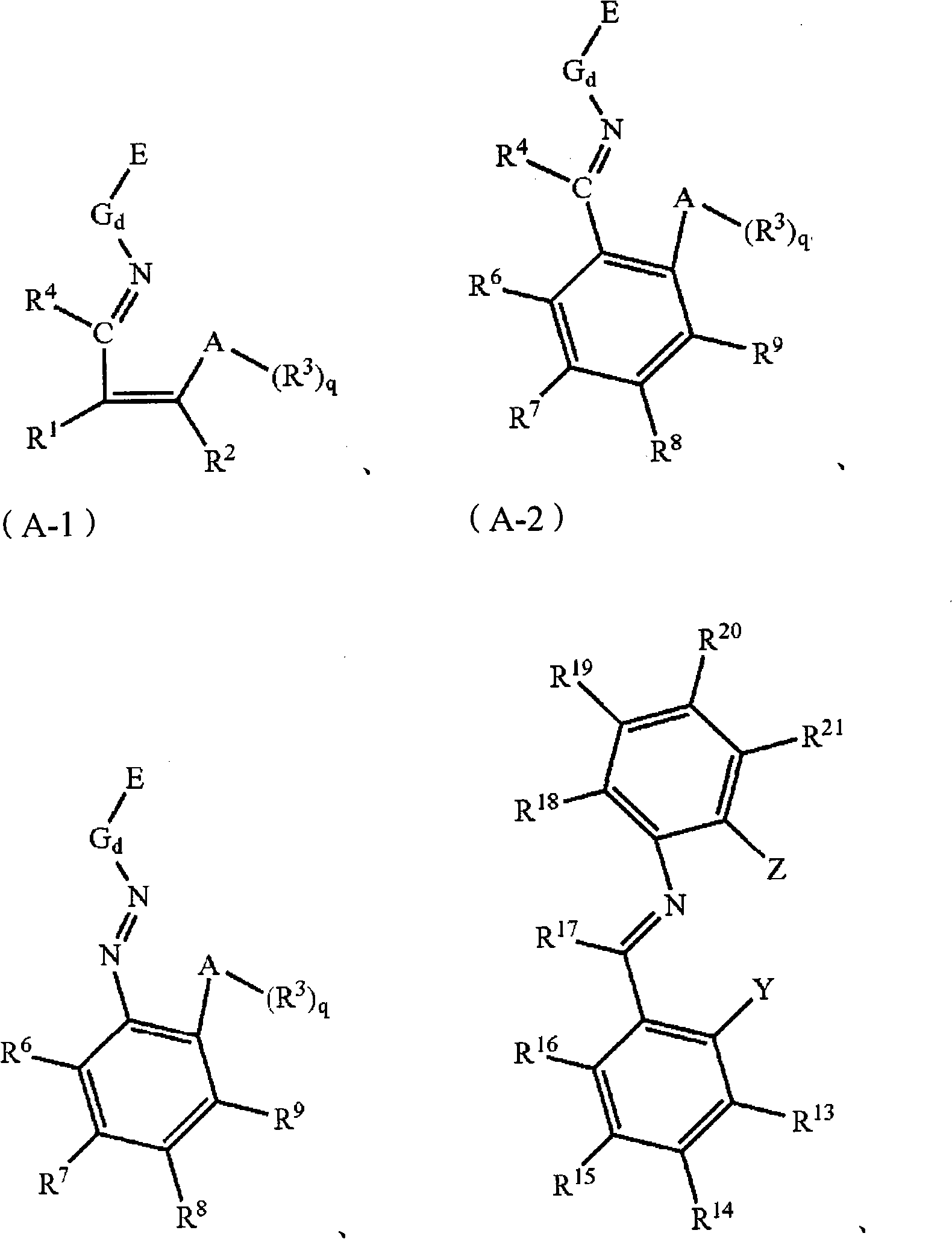Supported non-metallocene catalyst, preparation method and application
A non-metallocene and non-metallocene ligand technology, applied in the field of non-metallocene catalysts, can solve the problems of complex preparation process, destruction, low catalytic ethylene polymerization activity, etc., and achieve the effect of simple preparation method
- Summary
- Abstract
- Description
- Claims
- Application Information
AI Technical Summary
Problems solved by technology
Method used
Image
Examples
preparation example Construction
[0095] The invention relates to a preparation method of a supported non-metallocene catalyst, comprising the following steps: dissolving a magnesium compound in a solvent to obtain a magnesium compound solution; making a porous carrier optionally subjected to thermal activation treatment and the magnesium compound solution contacting to obtain a first mixed slurry; contacting the non-metallocene ligand with the first mixed slurry to obtain a second mixed slurry; directly drying the second mixed slurry to obtain a modified composite carrier, and A step of reacting a chemical treatment agent selected from group IVB metal compounds with the modified composite carrier to obtain the supported non-metallocene catalyst.
[0096] The magnesium compound will be specifically described below.
[0097] According to the present invention, the term "magnesium compound" refers to an organic or inorganic solid anhydrous magnesium-containing compound conventionally used as a carrier of a suppo...
Embodiment 1
[0297] The magnesium compound is anhydrous magnesium chloride, the solvent for dissolving the magnesium compound is tetrahydrofuran, the porous carrier is silicon dioxide, that is, silica gel, the model is ES757 from Ineos Company, and the silica gel is continuously roasted at 600 ° C for 4 hours under a nitrogen atmosphere to be thermally activated before use. . The non-metallocene ligand adopts the structure The compound, the chemical treatment agent of the IVB group metal compound adopts titanium tetrachloride, and the solvent for the chemical treatment agent adopts hexane.
[0298] Weigh 5g of anhydrous magnesium chloride, add a solvent and dissolve it completely at room temperature to obtain a magnesium compound solution, then add heat-activated silica gel, and stir at room temperature for 2 hours to form the first mixed slurry.
[0299] Next, non-metallocene ligands are added to the first mixed slurry, stirred and reacted at normal temperature for 6 hours to form a sec...
Embodiment 2
[0304] Basically the same as Example 1, but with the following changes:
[0305] The porous carrier was changed to Grace's 955, and it was continuously calcined at 400° C. for 8 hours under a nitrogen atmosphere to be thermally activated.
[0306] The solvent for dissolving the magnesium compound was changed to toluene, and the non-metallocene ligand was used The chemical treatment agent for Group IVB metal compounds was changed to zirconium tetrachloride (ZrCl 4 ), the chemical treatment agent was changed to cyclohexane with a solvent.
[0307] Wherein the ratio is as follows: the ratio of magnesium compound to solvent is 1mol: 150ml; the molar ratio of magnesium compound to non-metallocene ligand is 1:0.15; the mass ratio of magnesium compound to porous carrier is 1:4; the ratio of magnesium compound to IVB group The molar ratio of the chemical treatment agent in terms of metal elements is 1:0.20.
[0308] Supported non-metallocene catalysts are designated CAT-2.
PUM
 Login to View More
Login to View More Abstract
Description
Claims
Application Information
 Login to View More
Login to View More - R&D
- Intellectual Property
- Life Sciences
- Materials
- Tech Scout
- Unparalleled Data Quality
- Higher Quality Content
- 60% Fewer Hallucinations
Browse by: Latest US Patents, China's latest patents, Technical Efficacy Thesaurus, Application Domain, Technology Topic, Popular Technical Reports.
© 2025 PatSnap. All rights reserved.Legal|Privacy policy|Modern Slavery Act Transparency Statement|Sitemap|About US| Contact US: help@patsnap.com



